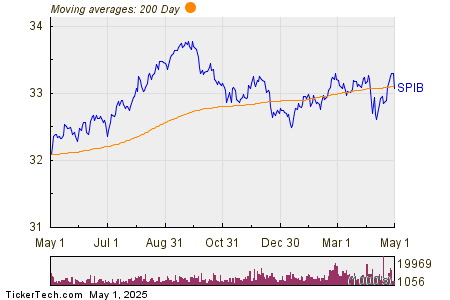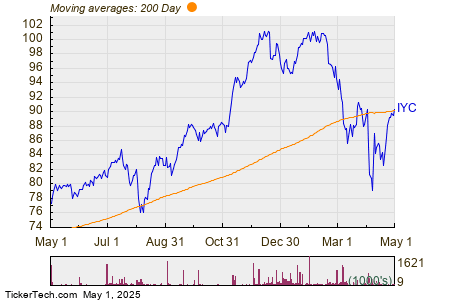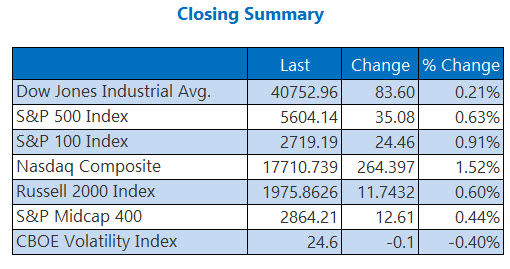Nvidia Faces Challenges Amid Trade Tensions and Market Shift
Shares of Nvidia (NASDAQ: NVDA) have fallen nearly 20% year-to-date, signaling a rocky start to 2025. The company’s position as a leader in artificial intelligence (AI) chips is under pressure, particularly due to trade and geopolitical uncertainties tied to the administration’s policies, which could adversely affect its operations in China.
This situation prompts an important question: Should investors consider this dip a buying opportunity for Nvidia, or is it a warning sign to avoid the stock?
Trouble in China: A Complex Landscape
Nvidia’s issues with China intensified on April 16 when the Trump administration imposed restrictions on the export of its H20 AI chips. This move directly followed Biden-era regulations banning the sale of more advanced flagship chips, such as the A100 and H100, to China. Consequently, Nvidia faces a significant $5.5 billion impairment charge as it must adjust the valuation of its sizable inventory and commitments related to the H20 program.
This situation presents Nvidia with both advantages and disadvantages. For example, the H20 chip has facilitated Chinese AI start-up DeepSeek in developing competitive R1 and V3 models, which rival industry leaders like ChatGPT but at a lower cost.
Intense competition from Chinese companies threatens to erode potential margins in the AI software market, putting pressure on Nvidia’s major clients, including OpenAI, Alphabet, and Meta Platforms. These firms may become less inclined to invest large sums into a sector facing competitive challenges.
By supplying H20 chips to China, Nvidia might be jeopardizing the long-term sustainability of its business model reliant on U.S. clients. However, the chip ban could stabilize the U.S. AI industry by decelerating Chinese advancements, although this is not a certainty.
Chinese Chips: A Growing Threat?
On April 27, Chinese technology heavyweight Huawei revealed its plans to test a cutting-edge AI processor called the 910D, which aims to replace Nvidia’s offerings in China. The U.S. ban on H20 sales may have unintentionally created a less competitive environment, facilitating the growth of domestic chip design capabilities among Chinese firms.
Fortunately for Nvidia, its economic moat rests primarily on its software solution, CUDA, which simplifies the use of its chips for developers compared to competitors. While Huawei may gain traction within China, it is unlikely to pose a substantial threat to Nvidia’s dominance outside of the country in the near future.
Even well-established chip manufacturers like Advanced Micro Devices, Intel, and Broadcom have struggled to disrupt Nvidia’s commanding market share, which ranges between 70% and 95% in the AI chip sector.

Image source: Getty Images.
Looking ahead, Chinese developers might employ low-cost chips from Huawei and other manufacturers to contend with American AI in consumer software. However, the lack of access to Nvidia’s products could impede their progress enough for Nvidia’s principal clients to retain their competitive edge.
Time to Buy Nvidia Stock?
Nvidia’s recent stock decline indicates more than just waning enthusiasm in the AI sector. The ban on H20 sales to China poses a considerable risk to the company’s long-term growth. In fiscal 2025, Nvidia’s revenue from China was about $7.9 billion, comprising roughly 6% of total sales of $130.5 billion, a significant portion.
Increasing geopolitical tensions suggest it may be prudent for Nvidia to reconsider its strategy for developing niche AI chips for the Chinese market, given the risk of further trade bans.
Despite these challenges, Nvidia’s forward price-to-earnings (P/E) ratio of 25 remains attractive in light of its growth potential. Notably, fourth-quarter profits soared 80% year-over-year to $19.3 billion. Nonetheless, stock valuations ultimately depend on market perceptions. Investors may question Nvidia’s ability to maintain its exceptional growth trajectory in a speculative industry that still lacks mainstream economic integration. For now, the stock appears to be a hold until clearer information emerges.



